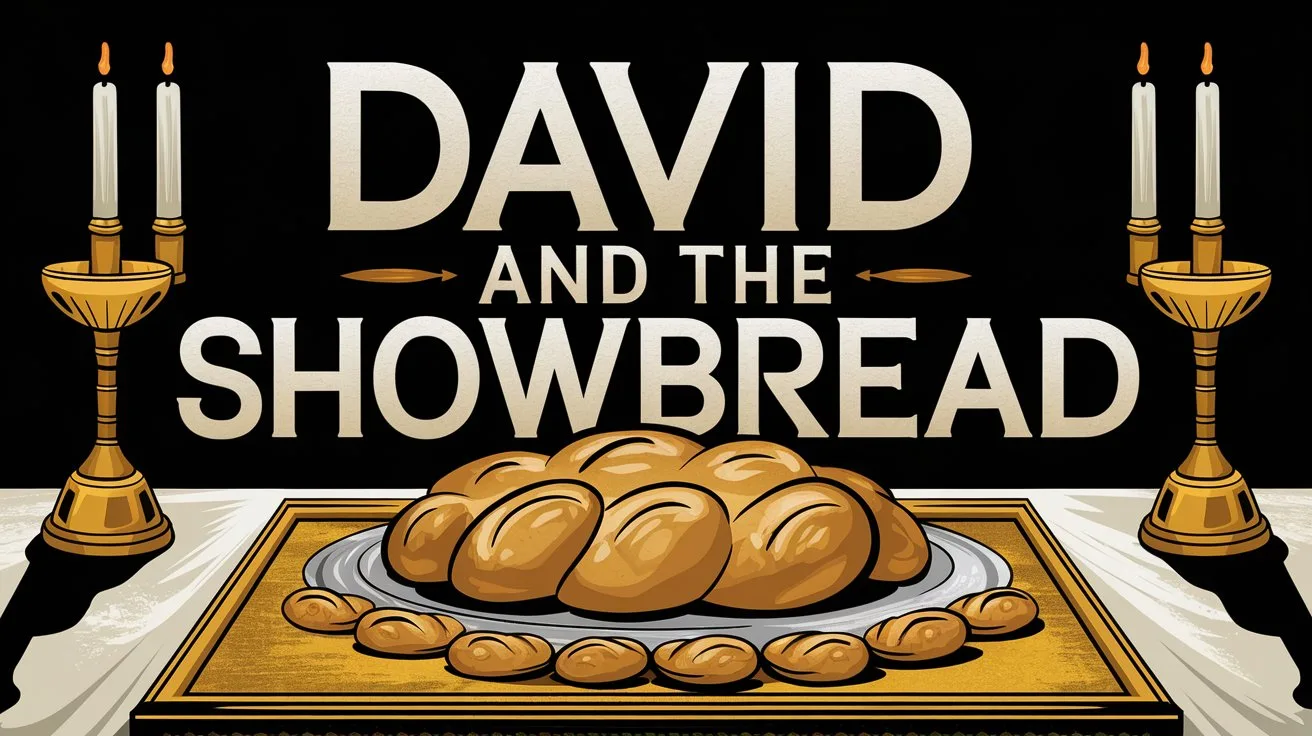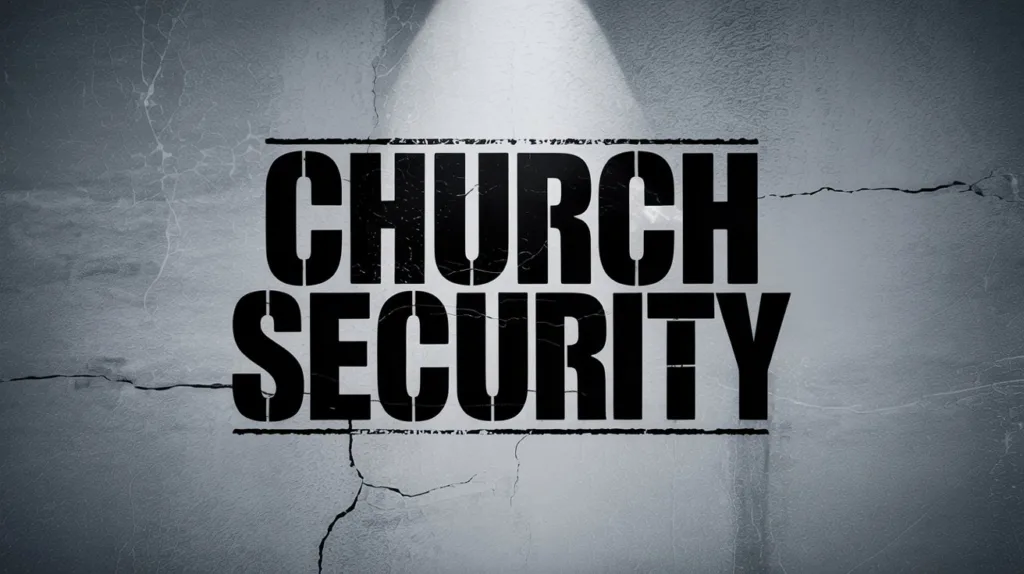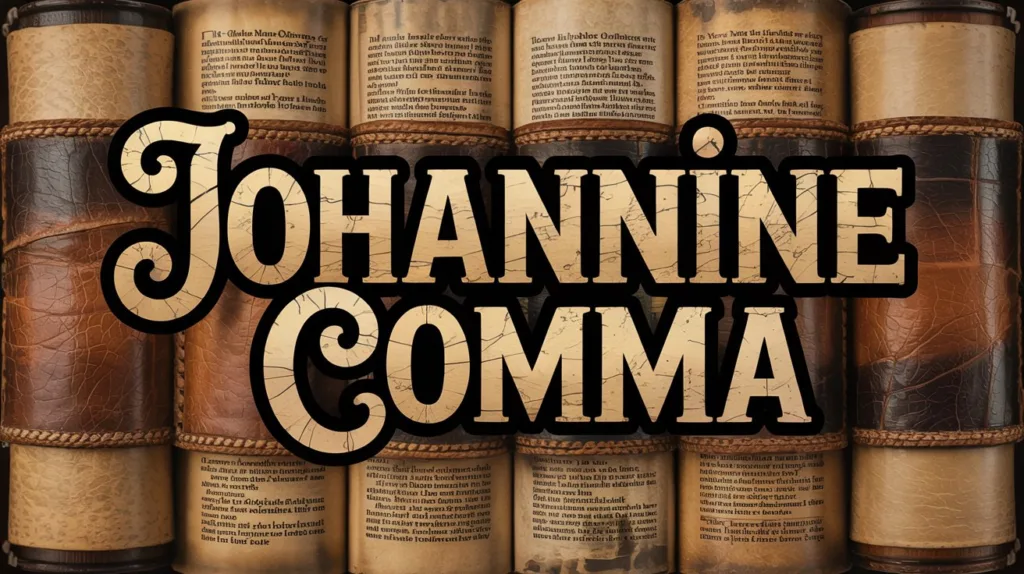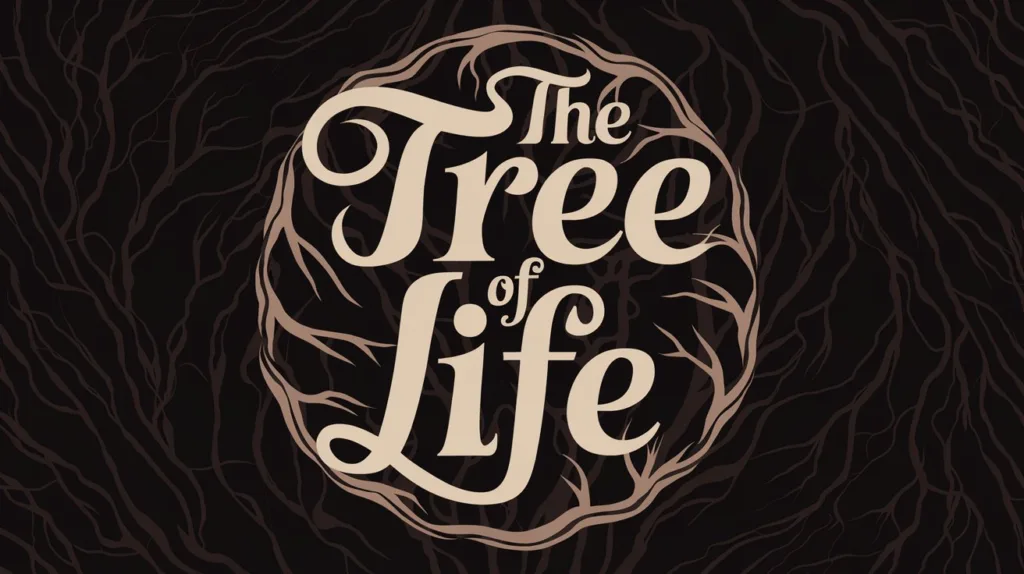The showbread, also known as the “bread of the Presence,” was a sacred element of the Tabernacle and later the Temple. According to Leviticus 24:5–9, twelve loaves were baked from fine flour and set in two rows on the golden table before the LORD every Sabbath. These loaves represented the twelve tribes of Israel and were a continual offering before God, signifying His provision and fellowship with His people. After being displayed before the LORD for a week, the loaves were to be eaten only by Aaron and his sons, the priests, in a holy place.
The law was clear:
“And it shall be for Aaron and his sons, and they shall eat it in a holy place, for it is most holy to him from the offerings of the LORD made by fire, by a perpetual statute” (Leviticus 24:9).
No one outside the priesthood was permitted to partake of this holy bread.
David’s Actions at Nob
The incident is recorded in 1 Samuel 21:1–6. David, fleeing from Saul, comes to Nob to Ahimelech the priest. He is hungry and asks for bread. Ahimelech tells him there is no common bread, only the holy bread; then asks if David and his men have kept themselves from women (a ceremonial requirement of purity).
David responds that they have, and Ahimelech gives him the showbread, saying:
“So the priest gave him holy bread; for there was no bread there but the showbread which had been taken from before the LORD, in order to put hot bread in its place on the day when it was taken away” (1 Samuel 21:6).
Why Was David Allowed to Eat It?
At first glance, this appears to violate the Law, but the situation is deeper. David was not a priest, and the Law was explicit. However, Jesus Himself comments on this in Matthew 12:3–4, saying:
“Have you not read what David did when he was hungry, he and those who were with him: how he entered the house of God and ate the showbread which was not lawful for him to eat, nor for those who were with him, but only for the priests?”
Jesus uses this example to show that mercy is greater than ritual sacrifice. The law had a higher purpose: to serve man in righteousness, not to burden him. As Jesus says in Matthew 12:7:
“But if you had known what this means, ‘I desire mercy and not sacrifice,’ you would not have condemned the guiltless.”
David was the anointed of the LORD (1 Samuel 16:13), acting in desperation, not rebellion. The priest, discerning David’s need and his ceremonial cleanness, gave the bread as an act of mercy, not as a regular breaking of the law.
A Shadow of Greater Things
This moment points forward to Christ, the true Bread from Heaven. The showbread was a type; Jesus is the fulfillment. He is the sustainer, the One who sits in the Presence of God on our behalf, the mediator between God and man.
“I am the bread of life. He who comes to Me shall never hunger” (John 6:35).
My Final Thoughts
David eating the showbread was not an act of lawlessness, but of divine mercy meeting human need. The law was not broken in spirit (David was ceremonially clean, and he acted under a unique anointing from God). The event foreshadowed the greater mercy we find in Christ, who satisfies our deepest hunger with His presence. In moments of need, God’s mercy is not hindered by ritual, but revealed through it.





 Get the book that teaches you how to evangelize and disarm doctrines from every single major cult group today.
Get the book that teaches you how to evangelize and disarm doctrines from every single major cult group today.